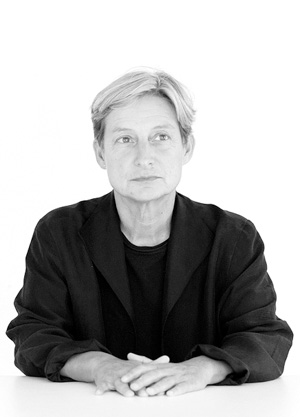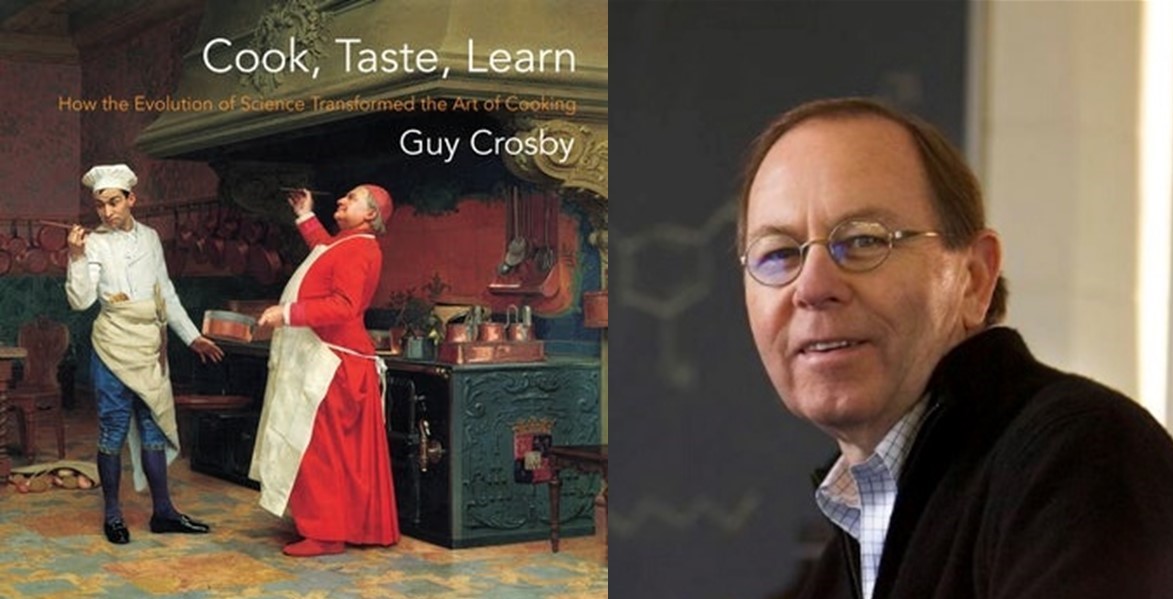Judith Butler — Implicated and Enraged

“I only feel implicated and enraged when Israel claims to represent the Jewish people, since there are myriad strands of diasporic Judaism and Jewishness that have never felt represented by Israel, that no longer feel represented by that state, and who dispute the legitimacy of that state to represent the Jewish people or Jewish values.”—Judith Butler
The Immanent Frame recently posted an interview with Judith Butler in which she discussed recent events in the Arab World, Israel, and her essay from The Power of Religion in the Public Sphere, “Is Judaism Zionism?”
Here are some excerpts from the interview:
Nathan Schneider: Let’s take a specific example. Would the revolution be “betrayed,” in your view, if, say, the Muslim Brotherhood came to power in Egypt? Or if something comparable to the regime in Iran were to emerge?
JB: If the Muslim Brotherhood is elected to positions in government, and the elections are free and unconstrained, then that is a democratic outcome. Whether or not one wishes for that outcome, it cannot be contested as undemocratic if it follows from open and free elections. Democracy often means living with results that we find difficult, if not abhorrent. But I have been somewhat shocked that, in the face of this most impressive of uprisings, the “specter” of the Muslim Brotherhood is raised time and again as a way of diminishing and doubting the importance of this mass movement and revolutionary action. I think those biased against Islam will have to get used to the idea that demands for democratization can and do emerge within Muslim lexicons and practice, and that democratic polities can and must be composed of various groups, religious and not. Islam is clearly part of the mix.
NS: What do you think the Arab uprisings mean for Israel, surrounded by them on all sides as it is?
JB: We can only hope that the movement toward greater democratization will affect Israel as well, so that we can finally see widespread public demands for Israeli Palestinians to be treated on an equal basis, widespread public acknowledgment that the occupation is illegal according to every standard of international law, and a similar affirmation of the right to self-determination of Palestinians. The public acknowledgment of these obvious truths would, in fact, constitute one of the most remarkable advances in the democratic revolutions underway. I think as well that any legitimate democracy would have to provide restitution to those inhabitants whose lands were confiscated. So let us hope that democratization finally comes to Israel and Palestine.
NS: Why do you turn to Jewish sources like Benjamin and Arendt to criticize Israeli militarism? Why not appeal to something more universal?
JB: One doesn’t need to turn to Jewish sources, and I’ve never argued that one should. One could criticize not only present-day Israeli militarism but the occupation, the history of land confiscation, or even Zionism itself, without any recourse at all to Jewish sources. One could do it on the basis of universal rights, human rights, a history and critique of settler colonialism, a politics of nonviolence, a left understanding of revolutionary struggle on the part of the stateless, legal rights of refugees and the occupied, liberal democracy, or radical democracy. In fact, if one only used Jewish sources for the critique of Israeli state violence, then one would be unwittingly establishing the Jewish framework, again, as the framework of reference and valuation for adjudicating the competing claims of the region. And even if such a framework were Jewish anti-Zionism, it would turn out to be effectively Zionist, producing a Zionist effect, since it would tacitly hold to the proposition that the Jewish framework must remain dominant.
NS: How implicated do you feel personally in what Israel does, compared to any other country?
JB: I only feel implicated and enraged when Israel claims to represent the Jewish people, since there are myriad strands of diasporic Judaism and Jewishness that have never felt represented by Israel, that no longer feel represented by that state, and who dispute the legitimacy of that state to represent the Jewish people or Jewish values. Those who insist on the representative function of the Israeli state are trying to make it true. They know it is not true, but they are battling to deny and dispute those fault-lines. But even as one opposes such formulations, it is important not to become identitarian or even communitarian in response. After all, the point is to live in a complex world, not in an enclave, and not in separatist polities. If we are looking for signs of democratization, then surely we are looking as well for forms of living on equal terms in and among cultural differences. Many religious and non-religious traditions point to this possibility.







1 Response